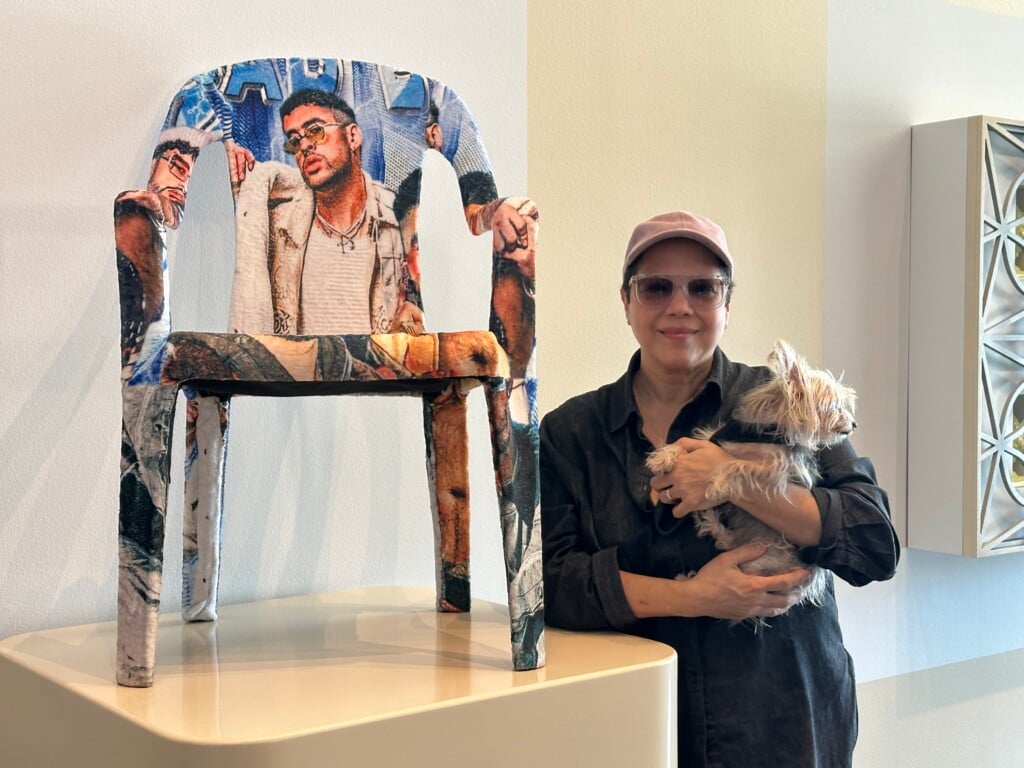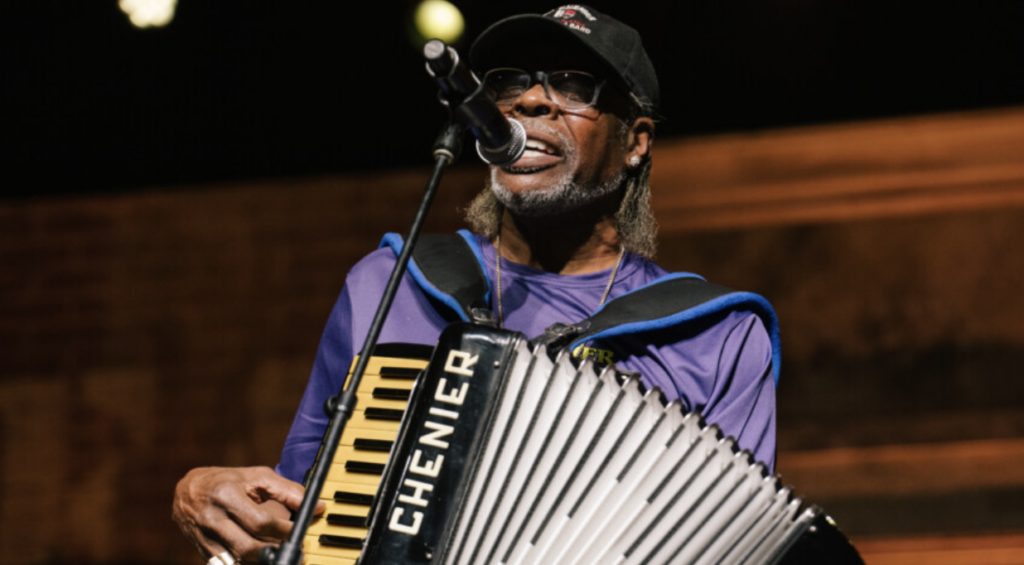Becoming a beer steward: a day to kind of learn, more than a day to master

Let me start by saying that I am not a beer person.
This I can trace to the quiet resentment I held against my small Midwestern hometown, where beer more often than not was the only available libation. (Even before I was legal, I was a snob.) Still, in all my years of drinking, and even given my lengthy tenure in the service industry, I never acquired a taste for taps.
Four months ago, though, I moved here from Minneapolis – and quickly figured out that Kansas City is a beer town. Now I find myself ordering something from the Boulevard family when I end up (as I often do) in a bar. But my learning curve remains steep, so when the chance to attend the Master Brewers Association of the Americas Beer Steward seminar presented itself to me, I gladly seized the opportunity. I was told that I would learn about how beer is made, what kinds of beer there are and where their flavors come from.
And, of course, I was promised lots of beer samples.
At 8:36 a.m. Monday, January 13, I slipped into a packed showroom at the brand-new brewery of the Kansas City Bier Co., in Waldo. In a room with a warm wooden bar, high ceilings and picnic-table-style seating, I was one of four women among the 30 or so attendees. A handful of scruffy young guys looked like they all were bartenders at the same place, and a few men looked like they owned that bar.
I sat down, and in front of me was a set of carefully arranged plastic thimbles filled with various liquids and chocolate samples. It looked like a hospital tray for an exceptionally challenging patient. I wondered what the tiny cup of cloudy pale liquid labeled “R1” could be, and what drinking it would teach me.
It was lemon juice. Warm tonic water followed, then unsweetened tea, then baker’s chocolate. This session was like a carefully administered punishment for some minute infraction, but the idea was to use all five senses – not just looks and taste, but smell and so on – and to judge the flavor profile of each sample accordingly.
The morning wore on, and I began to think I wouldn’t last. The discussion of the beer-brewing process was somehow simultaneously too simple and too scientific for me to follow, like a recap for people who already knew how to brew beer. Fresh trays were brought to us, this time holding small portions of malts, and the guy next to me proceeded to munch on the ricelike grains as though they were corn nuts.
It wasn’t until after lunch that we got to the beer. This, finally, was the exciting part.
“What is the nose?” the presenter, Steve, asked after each taste. “What’s the mouthfeel?”
Later, we were to learn about “pairing” by tasting food morsels with different styles of beer and deciding which combinations worked best. New trays, more thimbles, tiny plastic spoons.
“We can’t exactly afford a five-course meal,” Steve joked. “So we have some condiments.” The power of imagination would have to suffice as we were offered Thai peanut sauce as an approximation of pad Thai. Marinara sauce was a substitute for bucatini. Brown gravy stood in for a rib-eye. For my part, I found Boulevard’s Bully Porter an excellent match for pretty much everything except the ranch dressing. (Honestly, there is no pairing beer and salad.)
The point of the seminar was to ingrain an in-depth understanding of beer and its presentation. It was an industry-focused class, with all the attendees – aside from myself – involved, on some level, with the world of beer.
In the end, what the day revealed to me were details small enough for those little cups. For instance: The pint glass, in which beer is most commonly served, is actually the enemy; it doesn’t allow a proper foam collar to form. In the absence of proper glassware (which varies, depending on the style of beer you mean to drink), you should just use a wineglass. Which means that the 39 percent of Americans who say they prefer beer to all other alcoholic beverages aren’t even properly enjoying the stuff.
As Steve released us, he reminded everyone to study the guidebook provided as part of the day’s course. In a few weeks, we could take the online Beer Steward exam and attempt to become certified. I might. Though I don’t love beer, I do love feeling superior.




